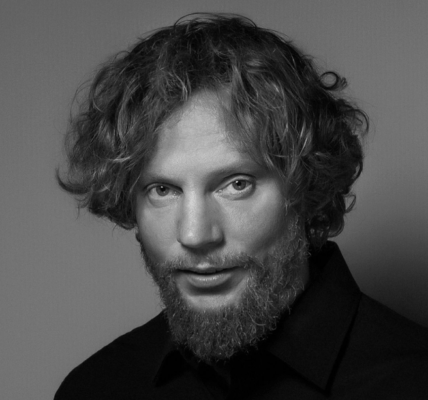Practical Magic
As the man whose work enhances 007’s lethal skills and helps to give Batman his edge, Chris Corbould is no stranger to blockbuster franchises and, after 35 years of honing his craft, the special effects veteran has lost none of his enthusiasm for the medium.
Corbould’s uncle, Colin Chilvers, was a respected effects man working for the likes of Ken Russell and on the Alexander Salkind Superman. This family connection offered Corbould his earliest opportunity to observe the magic of the movies as it was created on the studio floor. “I used to take time off school and go with him on set,” recalls Corbould. “I pretty much got the buzz from there. I’d watch the little tests he’d do, be on set when he’d create these effects and see his various mechanical rigs.”
After a summer holiday spent on set, Corbould embarked on a seven-year training programme learning engineering, hydraulics and every aspect needed for his future career. He would later cut his professional teeth on genre movies such as Krull, Supergirl and Willow, all the while remaining part of the extended ‘family’ of talented technicians affiliated with the Bond films. His first, uncredited, contribution came on The Spy Who Loved Me in 1977 and has continued through each successive instalment.
In that time, he has remained an integral collaborator for Michael G. Wilson and Barbara Broccoli as they relaunched the franchise with great success four years ago, with Casino Royale. At the same time, Corbould’s talents have been utilised by Christopher Nolan, who reinvented a screen icon himself with Batman Begins in 2005. And Nolan’s latest, Inception, is typical in its densely-plotted ingenuity, a suspenseful tale of dream-stealing secret agents starring Leonardo DiCaprio, Ellen Page, Joseph Gordon-Levitt and Tom Hardy. One thing that didn’t require too much thought, however, was Corbould’s decision to be a part of it.
“Chris rang me up on a Wednesday and said that he was going to approach the studio about a personal project he had been working on for several years, and asked if I would be willing to come to LA and do it. I said I’d love to,” he says. “I think it caught a few people out because a lot of people didn’t expect him to do anything for a while, but Chris is like a magnet in that way. He’s very challenging to work with but as soon as you have finished a film you just want to get back working with him again.”
The job of the special effects supervisor is to realise the director’s vision by using controlled, practical effects in the studio or on location. In Corbould’s experience, this might be anything from building a fully-working Batmobile to safely setting a hotel room alight for a scene featuring the principal actors, as Corbould did in the climactic moments of Quantum of Solace. The advantage for the cast in having such realistic practical effects is in needing little imagination to put themselves in the precarious shoes of their imperilled characters.
…











